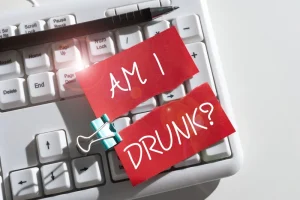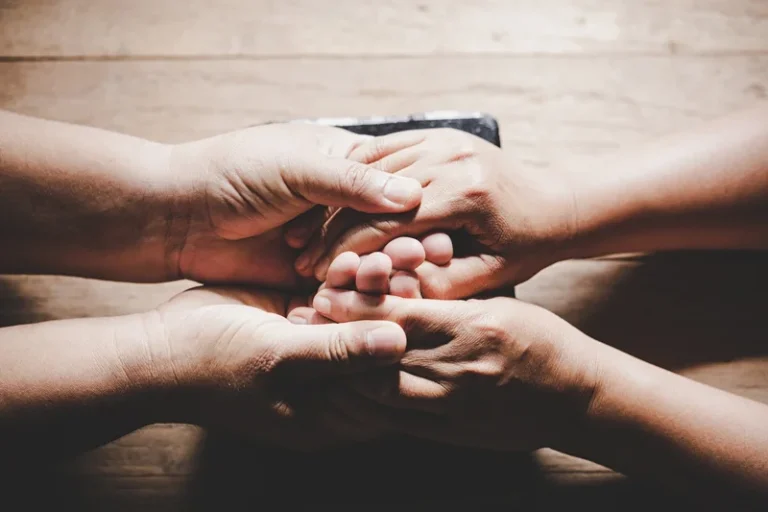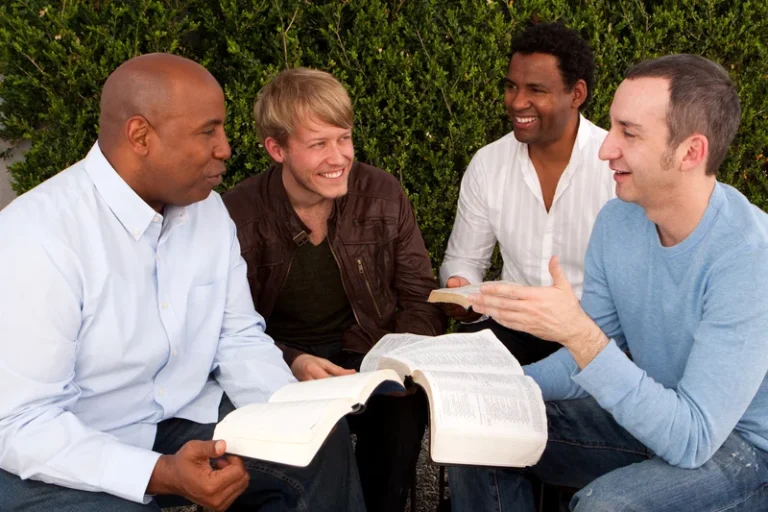The Top Eight Relapse Triggers And How to Manage Them

These sensations can bring about a desire for the drug you’re working so hard to quit. You can avoid HALT-triggered relapse by maintaining a solid routine that includes meal scheduling, support meetings and getting enough sleep. This may come as a surprise, but being overconfident during your recovery is actually a huge relapse risk. Having confidence is important, but becoming overconfident may prompt you to feel like you don’t need a relapse prevention plan. As a result, you may find yourself in high-risk situations that could easily trigger a relapse. You can prevent this by keeping yourself in check and staying humble through the recovery process.
Isaiah House VP Cassie Music Honored for Commitment to Those in Addiction and Recovery
- Even though relapse doesn’t mean failure, understanding the triggers that may lead to a relapse is essential to maintaining progress.
- These memories can stir up strong emotions that lead to the impulse to use a substance again.
- Et al. 2021 research titled “Predicting Future Harm From Gambling Over Five Years in a General population Sample” published in the Journal of BMC Psychiatry.
- All of these may be considered emotional needs that are not being met.
Your medical professional may also suggest medication as a way to help treat symptoms of mental illness. While some triggers arise because we are not properly meeting our basic physical or emotional needs, others come up Drug rehabilitation when we are confronted by aspects of our past addiction, or faced with change. Anticipating these, and having a plan for what to do when triggered, are key elements in avoiding relapse. Learning to navigate your life in recovery means becoming intimately acquainted with triggers – the people, places, things or feelings that can make you crave using again.
Most Common Triggers for Relapse and How to Avoid Them
Knowing your high-risk environment can be the key to long-term sobriety. Replacing unhealthy habits with positive ones is one of the most effective strategies for handling triggers. Journaling is a powerful tool for self-awareness and monitoring triggers over time. Write daily everything that crosses your mind, feelings, and experiences. Note the time when cravings arise and events or emotions surrounding them.

Cognitive Behavioral Therapy (CBT)
- Setting up a system to reach out if they sense you may be heading toward a relapse might also be helpful.
- We do not receive any fee or commission dependent upon which treatment or provider a caller chooses.
- Physical relapses are one of the most challenging stages of relapse to overcome.
- Talking through the trigger and enlisting someone else’s help can provide you with the motivation and assistance needed to overcome the trigger and stay sober.
Relapse is often triggered by a combination of emotional, mental, and external factors. Identifying these underlying causes is essential for developing effective prevention strategies. With the right relapse prevention treatment, you will be on your way to a life free of drugs and alcohol and full of promise and contentment. Discovery Institute types of relapse triggers also offers individual therapy, coping skills development and implementation of recovery support groups such as Alcoholics Anonymous and Narcotics Anonymous. Some coping skills that are taught involve cognitive-behavioral therapy (CBT), dialectical behavior therapy (DBT) and meditation.


As with a physical illness, be sure to let your doctor know of your recovery due to the nature of prescription drugs and their addictive properties. Events, specific people (such as friends who are also using), and certain places can put you at a higher risk of relapsing. Excessive stress is another critical factor that overwhelms individuals in recovery, making them more likely to turn to substances in search of relief.
Understanding the Stages of Relapse

Recognition and avoidance of potentialtriggerswill be a key part of any recovery process. Contact a healthcare https://ecosoberhouse.com/ professional if you or someone you know suffers from a substance use disorder. You can learn about the best relapse-prevention treatment options for your needs. There are different models and techniques to include in your relapse prevention plan. They’re based on building your knowledge and skills to combat substance use.
Last updated: Janeiro 16, 2025
Comments